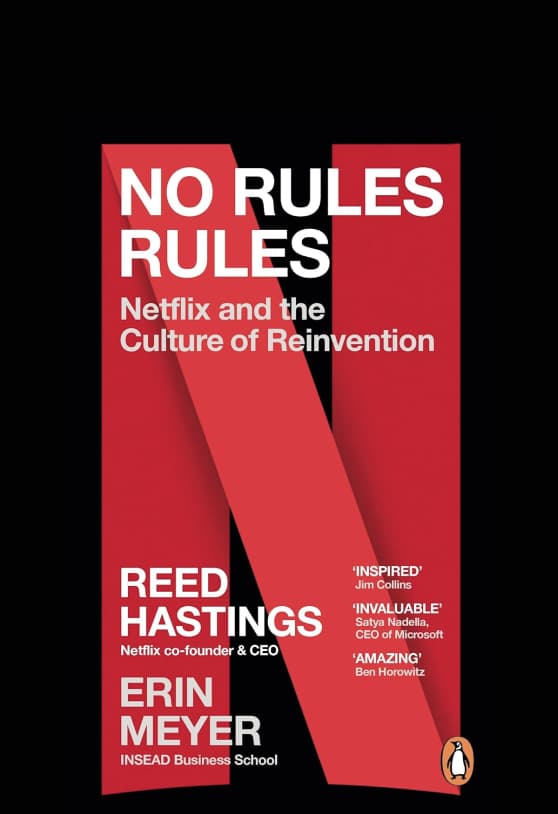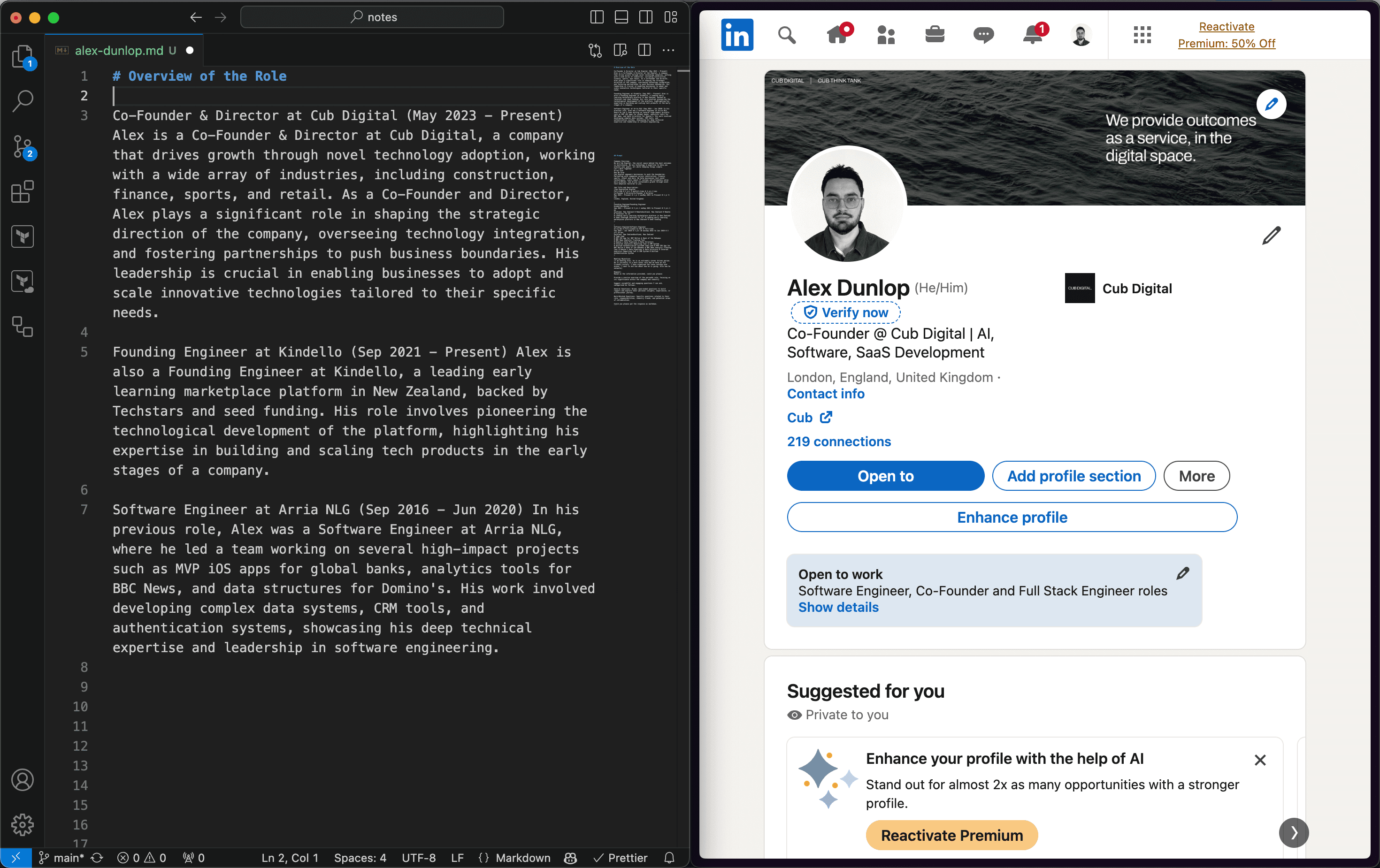Good AI Strategy, Bad AI Strategy

GET THE #1 EMAIL FOR EXECUTIVES
Subscribe to get the weekly email newsletter loved by 1000+ executives. It's FREE!
Good AI Strategy, Bad AI Strategy
When people talk about AI strategy, they usually mean something like:
"How can we use AI to optimise our business processes?"
or
"What's our plan for integrating AI into our product?"
But these aren't really strategies. They're tactical questions that miss the deeper point about what makes AI different from previous technological shifts.
The chess analogy
The difference between good and bad AI strategy is like the difference between chess players who think one move ahead and those who think five moves ahead.
Bad AI strategy focuses on immediate applications.
Good AI strategy understands that AI isn't just another tool—it's a fundamental shift in how value is created and captured.
AI First? So What?
Here's a telling example: Many companies proudly announce they're "AI-first" now, as if adding AI to existing processes automatically creates value.
The amount of tacked on ChatGPT wrappers on products is a key sign of this.
The best companies—the ones that will likely dominate their industries in five years—are quietly rethinking their entire business models around AI's capabilities. They're not just adding AI; they're reimagining what their business could be in a world where AI is ubiquitous.
The fatal flaw in most AI strategies is that they treat AI as an add-on rather than a transformation.
The Newspapers Internet Strategy
It's like how many newspapers in the 1990s thought their "internet strategy" could consist of putting their existing content online.
They didn't understand that the internet would fundamentally change how information was created, distributed, and monetised. The same thing is happening with AI.
Good AI strategy starts with a simple question: "What becomes possible now that wasn't possible before?"
Bad AI strategy asks, "How can we use AI to automate a specific task?"
This distinction matters because it determines where you end up.
Companies with bad AI strategies will optimise their existing processes and maybe see some incremental improvements.
Companies with good AI strategies will create entirely new categories of products and services that weren't possible before.
Consider two hypothetical software companies
Company A decides to use AI to help their sales team be more efficient by automatically generating email responses and predicting which leads are most likely to convert.
Company B rethinks their entire approach to sales, creating an AI system that can understand customer needs so well that it transforms the traditional sales process into something more like automated consulting.
- Company A will probably see a 20% improvement in sales efficiency.
- Company B might create a new market category.
The really interesting thing about good AI strategy is that it often looks wrong at first. When Amazon started using AI to recommend products, many traditional retailers dismissed it as gimmicky.
They didn't understand that Amazon was building a system that would eventually understand consumer behaviour better than any human merchandiser could.
How will you compound?
Another sign of good AI strategy is that it creates compounding advantages. Bad AI strategy leads to one-time improvements.
Good AI strategy creates systems that get better over time. The best AI systems aren't just tools; they're learning engines that create increasingly valuable data and insights.
Here's a way to tell if your AI strategy is good or bad: Ask yourself if it would still make sense if you replaced "AI" with "automation." If it would, you probably have a bad AI strategy. Good AI strategy takes advantage of AI's unique capabilities—its ability to learn, to handle uncertainty, to discover patterns humans can't see.
The hardest part of developing good AI strategy
The hardest part of developing good AI strategy isn't technical—it's conceptual. You have to be willing to question fundamental assumptions about how your business works. This is why many of the most interesting AI companies are startups. They don't have to unlearn anything.
But perhaps the most important difference between good and bad AI strategy is how it treats uncertainty. Bad AI strategy tries to eliminate uncertainty by using AI to automate existing processes. Good AI strategy embraces uncertainty by using AI to explore new possibilities.
This is why the best AI strategies often feel scary. They require betting on possibilities that can't be proven yet. But that's also why they're valuable. If something is obviously good strategy, everyone will do it, and it won't be a source of competitive advantage.
None of this means you should abandon your existing business to chase AI dreams. Good strategy is always about timing. But it does mean you should be thinking deeply about how AI might change your industry's fundamental dynamics.
The companies that get this right won't just be more efficient—they'll be playing a different game entirely.
The test of a good AI strategy isn't whether it makes sense now. It's whether it will make sense in three years, when AI capabilities have evolved. The best time to develop that strategy is now, when most companies are still stuck in tactical thinking about AI.
Remember: The goal isn't to be good at AI. The goal is to be good at whatever your business will become when AI changes everything about how it works.

















